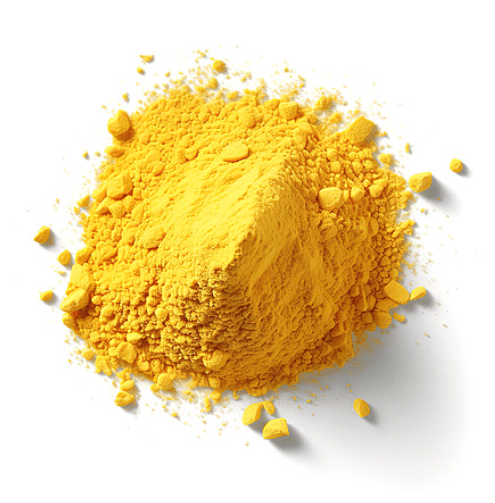
berberine hcl powder
Gensei is a leading berberine hydrochloride powder factory, specializing in the production of high-quality berberine hcl powder. Our state-of-the-art facilities and rigorous quality control measures ensure that you receive a premium product that meets the highest industry standards. We are a dedicated berberine hydrochloride powder factory, committed to providing pure and potent berberine hcl powder for your supplement formulations. Our extraction and purification processes are optimized to deliver a consistent and effective ingredient. Whether you require bulk quantities or specific specifications, Gensei is your reliable source for berberine hcl powder.
Please note: We are a wholesale supplier and have minimum order quantities.
Have questions about this product? Our team is here to help. For inquiries about multiple ingredients, please use the Contact Us option and include the list of ingredients in your message.
Berberine HCl Powder CAS No.: 141433-60-5
Chemical Name: Berberine hydrochloride
Synonyms:
- Berberine chloride
- Berberine muriate
5,6-Dihydro-9,10-dimethoxybenzo-1,3-benzodioxoloquinolizinium chloride (This is for Berberine Chloride, often used interchangeably)
CB Number: CB1862267
Molecular Formula: C₂₀H₁<0xE2><0x82><0x88>NO₄ · HCl
Molecular Weight: 371.81 g/mol (for Berberine base) + 36.46 g/mol (for HCl) = 408.27 g/mol
MDL Number: MFCD00006949
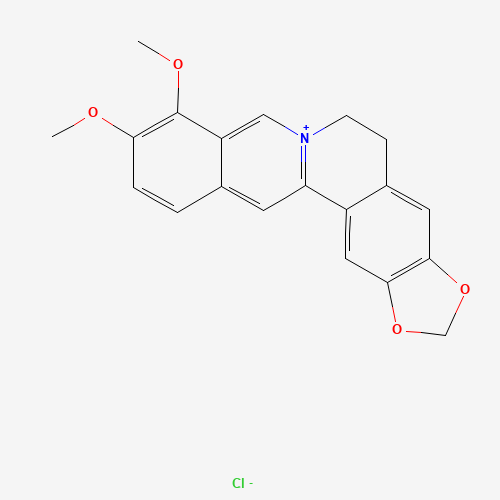
Berberine HCl Powder Manufacturing Process Flowchart
Berberine HCl powder is typically produced by extracting berberine from plant sources and converting it to its hydrochloride salt.
(e.g., Berberis species like Barberry, Goldenseal, Coptis)
(Plant roots, rhizomes, or bark are cleaned and dried)
(The dried plant material is ground into a fine powder)
(The powder is extracted with a solvent, typically ethanol or water, to dissolve the berberine)
(The liquid extract is filtered to remove plant residues)
(The filtered extract is concentrated, often by evaporation)
(Berberine is precipitated or crystallized from the concentrated extract)
(The berberine base is reacted with hydrochloric acid to form berberine hydrochloride)
(The berberine HCl is purified to remove impurities)
(The purified berberine HCl is dried to obtain a powder)
(The dried berberine HCl is milled and sieved to achieve the desired particle size)
(Testing for berberine HCl content, purity, heavy metals, and other specifications)
(The Berberine HCl powder is packaged in suitable containers)
This flowchart provides a general overview of the Berberine HCl powder manufacturing process. Specific steps and solvents used may vary depending on the manufacturer and the plant source.
Our State-of-the-Art Manufacturing Facilities
Explore our modern facilities equipped with advanced technology to ensure the highest quality in the production of your vitamins, herbal extracts, minerals, and amino acids.


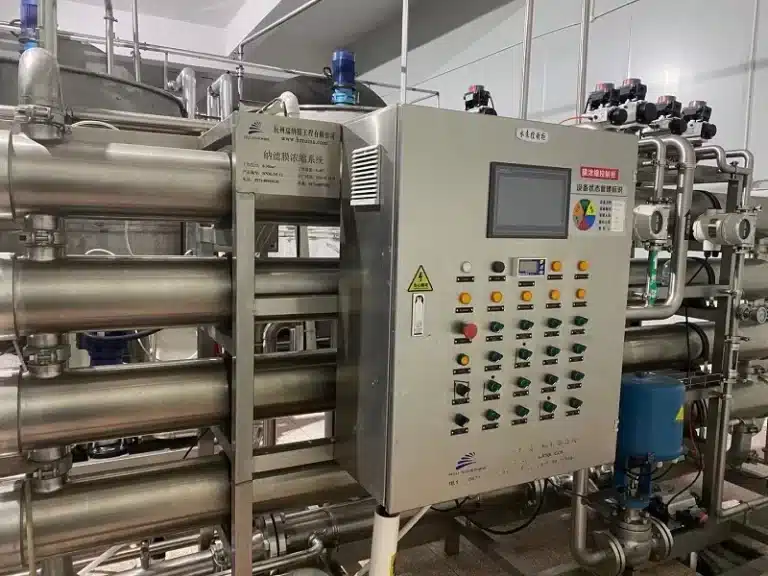
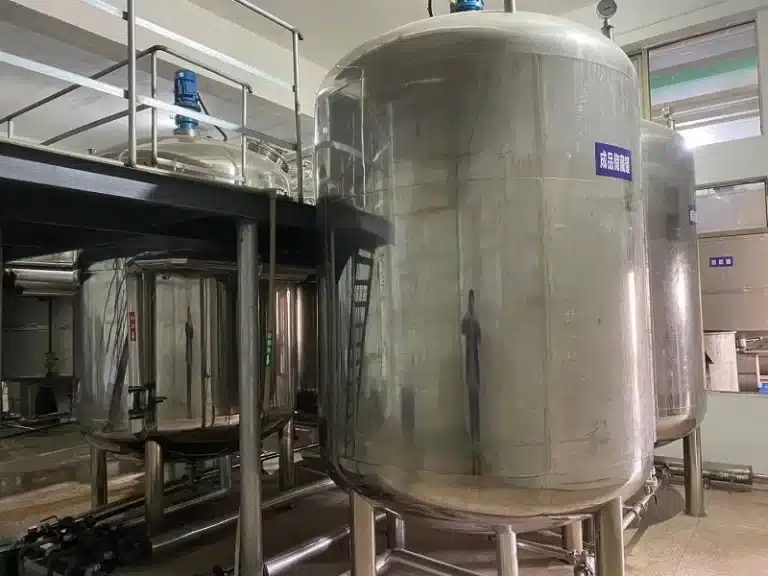
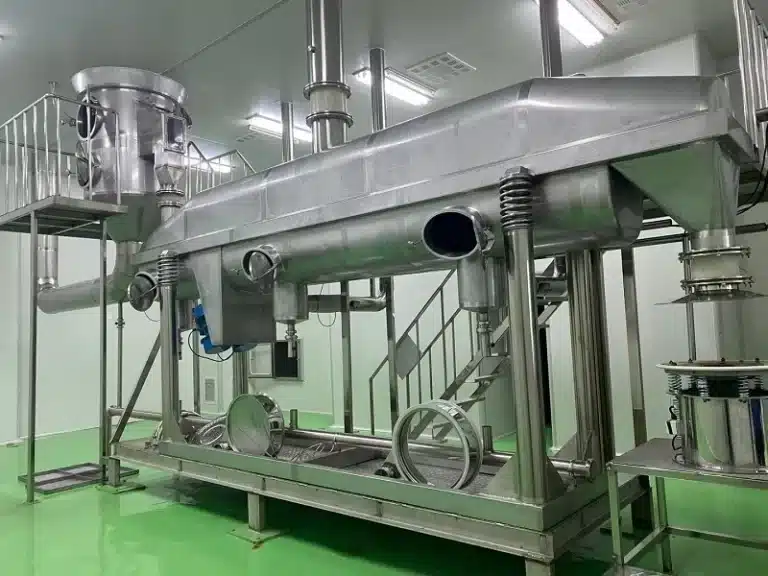




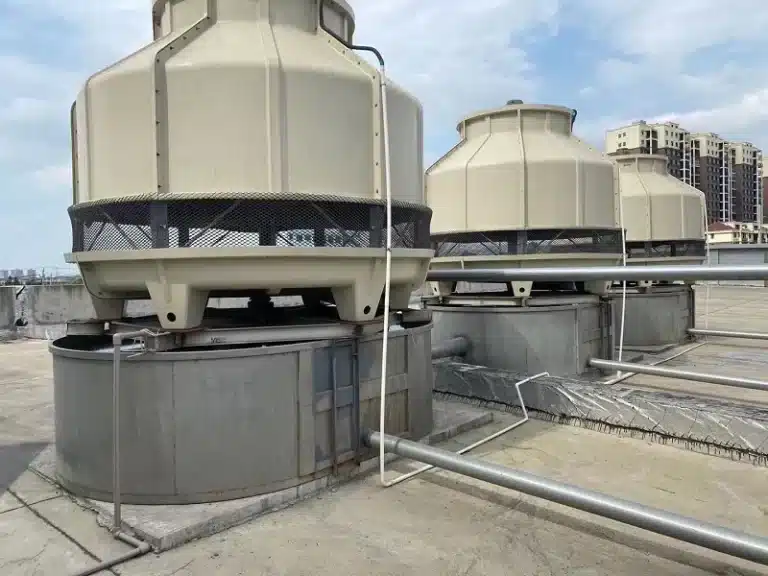
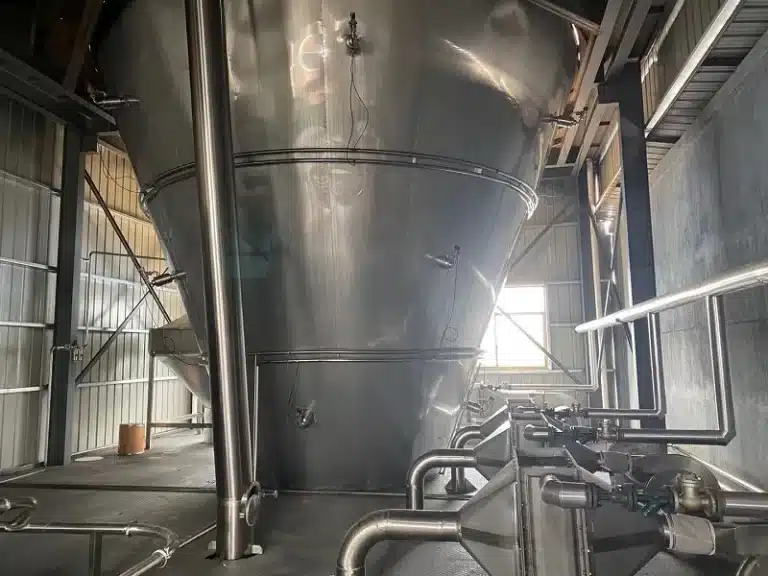
FAQs
Berberine hydrochloride has several potential health benefits, including supporting healthy blood sugar levels, promoting cardiovascular health, aiding in weight management, and having antioxidant and anti-inflammatory properties.
Berberine hydrochloride is a salt form of berberine, a natural alkaloid found in various plants such as barberry, goldenseal, and Oregon grape. The hydrochloride form is often used in supplements due to its stability and bioavailability.
Berberine hydrochloride is generally considered safe for most adults when taken at recommended dosages. However, it can cause mild gastrointestinal side effects in some individuals. It may also interact with certain medications, so consulting a healthcare professional before use is recommended. It is not recommended for pregnant or breastfeeding women.
Berberine is the natural alkaloid, while berberine HCl is the hydrochloride salt form of berberine. The HCl form is often preferred for supplementation due to its improved stability and absorption compared to the free base form of berberine.
Berberine HCl is made by extracting berberine from the roots, rhizomes, stems, or bark of plants rich in berberine, such as Berberis species (like barberry), Coptis chinensis (Chinese goldthread), and Hydrastis canadensis (goldenseal). The extracted berberine is then reacted with hydrochloric acid to form berberine hydrochloride.
Some studies suggest that berberine HCl may help with weight loss by affecting fat metabolism and promoting a healthier body composition. However, it is not a magic bullet and should be used in conjunction with a healthy diet and lifestyle.
The typical dosage of berberine HCl ranges from 500 mg to 1500 mg per day, often divided into two or three doses taken with meals. It's best to follow the dosage recommendations on the product label or consult with a healthcare professional for personalized advice.
Berberine HCl refers to berberine hydrochloride, which is the hydrochloride salt of the natural alkaloid berberine. The "HCl" indicates that berberine is bound to a hydrochloride molecule.
Berberine HCl is primarily known for its ability to help regulate blood sugar levels and improve insulin sensitivity. It is also used for supporting cardiovascular health, promoting healthy cholesterol levels, aiding in weight management, and its potential antimicrobial effects.

